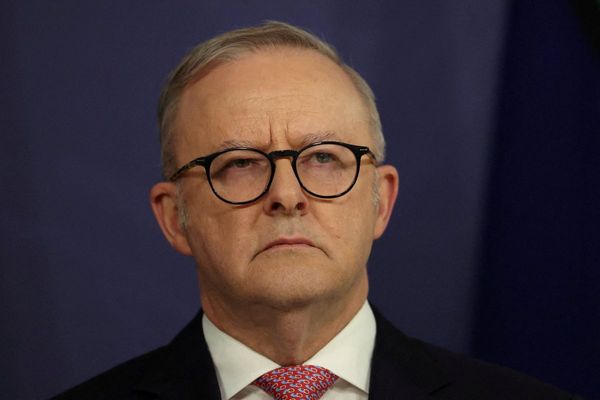Dr Laura Cohen has officially stepped down from her role as chief executive at the British Ceramic Confederation (BCC) after more than a decade.
Dr Cohen announced her decision to leave the Stoke-on-Trent headquartered trade body – which represents the collective interests of the UK ceramics manufacturing industry – last year, but she officially remained in place until yesterday (March 24) to support the industry through the dramatic impact of the pandemic. Former Stoke-on-Trent MP Rob Flello has been appointed as the new chief executive.
Here Dr Cohen looks back on her 13 years with the BCC.
How has the role of the BCC changed (if at all) since you joined the organisation?
I started at BCC in September 2008. During that enormous recession, I needed to transform BCC so that we were completely focussed on helping member companies survive.
There is no trade association without members, and so we are here to safeguard the industry’s prosperity by leading sector discussions and negotiations with Government on key issues – and this has not changed.
At its heart, the BCC is here to support its member companies, jobs and investment and understand their needs in providing this representation.
As a trade association chief executive, my members need me to stand up for them. Sometimes, however tactfully delivered, this may be unpopular with some in Government.
While the issues change over the years, the fundamental help we provide and the expert knowledge the team delivers remain constant.
Name some of the biggest challenges you have faced since joining the BCC
Ceramics manufacturers support so many jobs locally and nationally and are often the beating heart of a community.
Today, almost all our members’ sites across Britain are in areas in need of levelling-up. Therefore, supporting members through two enormous recessions was a challenge and the current situation in Ukraine is compounding the energy crisis.
We need Government to act to help level the playing field to improve international competitiveness on energy and apply learning from other governments quickly.
What do you believe to be your biggest achievement during your time as chief executive?
It has been an honour and a privilege to serve and represent this industry.
I helped to support the sector through two huge recessions, and it meant a lot to me when several company CEOs thanked me for helping to save their businesses.
Playing a part in changing legislation, or helping Government improve legislation, is particularly rewarding, especially when it prompts cross party support.
Our regular video calls for members with the Department for Business, Energy & Industrial Strategy (BEIS) have also provided a sense of mutual support. It can be really lonely running a business, especially during challenging times.
Finally, I was surprised, delighted and honoured to receive an MBE for my services to the ceramics industry in 2015, which I believe reflects on the hugely talented and high-performing team at BCC. It also helped to raise the sector’s profile.
What do you think are the biggest issues facing the ceramics industry right now?
There are short and long-term challenges ahead. Everyone in the UK, businesses and domestic users alike, know we are all facing an energy crisis and the BCC is working closely with Government to highlight our particular sector’s needs.
In the short-term, electricity prices in the UK are higher than in most of our European peer economies, and these high costs are undermining our international competitiveness.
We need Government to take urgent action and ensure there is investment in both the short and long term.
It is an ever-changing world, and post-Brexit, we also carefully monitor new trade agreements and the effects they may have on our exports and imports.
However, long-term it is the push for net zero that will be the real challenge, and one that we cannot do alone.
Government needs to work with us in partnership to replace gas with hydrogen, bioenergy or electricity and equally ensure that UK ceramic manufacturing stays internationally competitive.
The pandemic and our net zero targets have reinforced the need for establishing strong and resilient industrial supply chains in the UK, using low carbon technologies and making lower carbon products to improve the competitiveness of UK heavy industries.
The ceramics sector has demonstrated that it is up for this challenge and has the will to work and invest collectively.
Why have you made the decision to step down from the organisation?
I always intended to leave BCC to coincide with my husband's retirement, which was four years ago.
However, given the huge challenges presented by the pandemic, I decided to stay to support members.
I’m going to continue with my role as a Royal Academy of Engineering visiting professor at Manchester University and the Henry Royce Institute, focusing on careers support and regulatory and policy areas and how these affect materials industries.
I will also carry on with some voluntary work and will enjoy a break before taking on future commitments.
If you could give one piece of advice to your successor what would it be?
I would say to focus on member needs – and don't be afraid to tell the truth to power!







